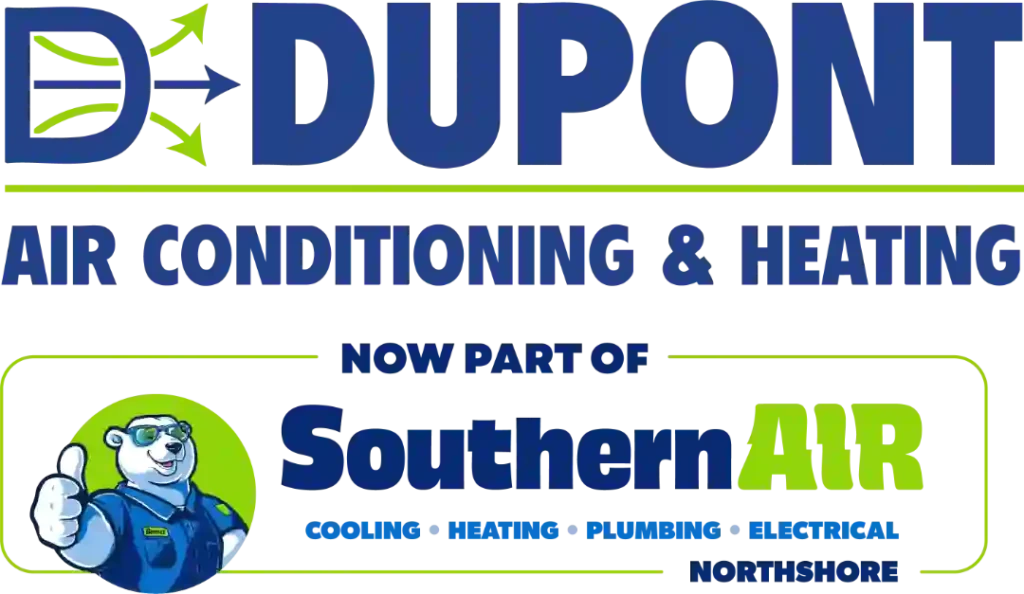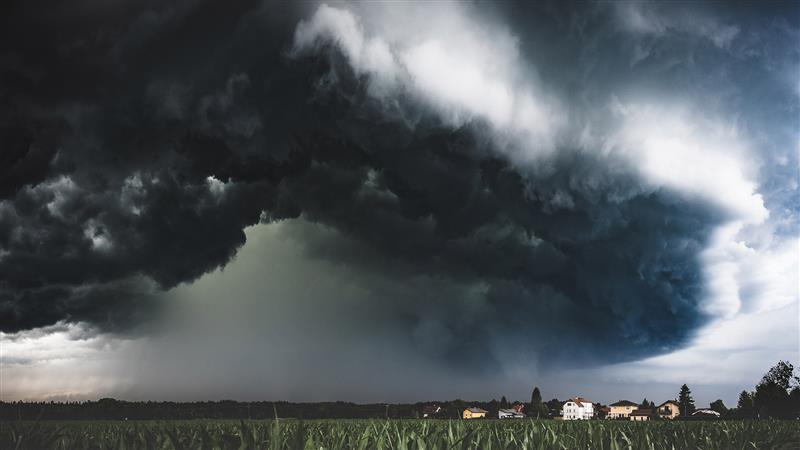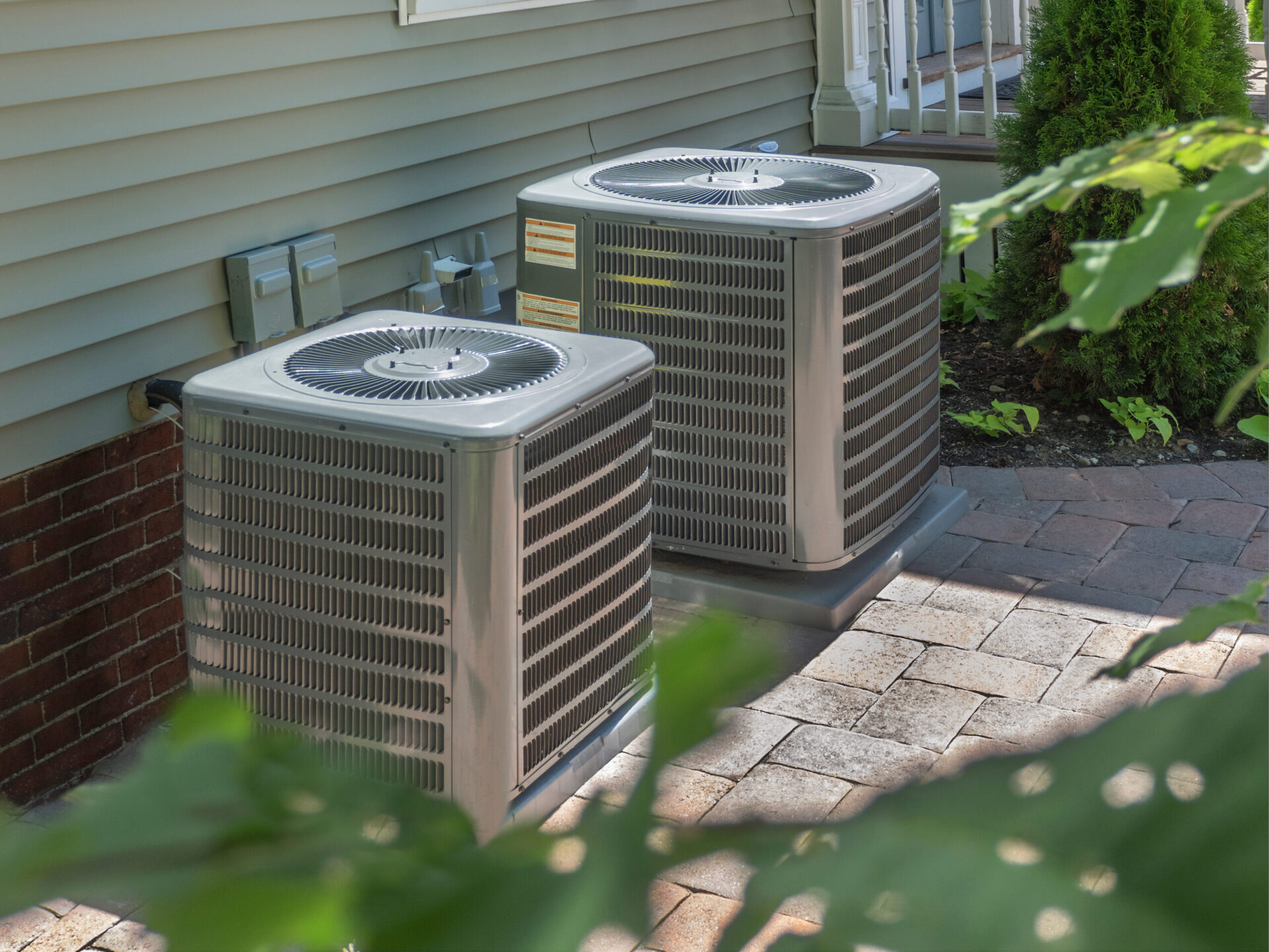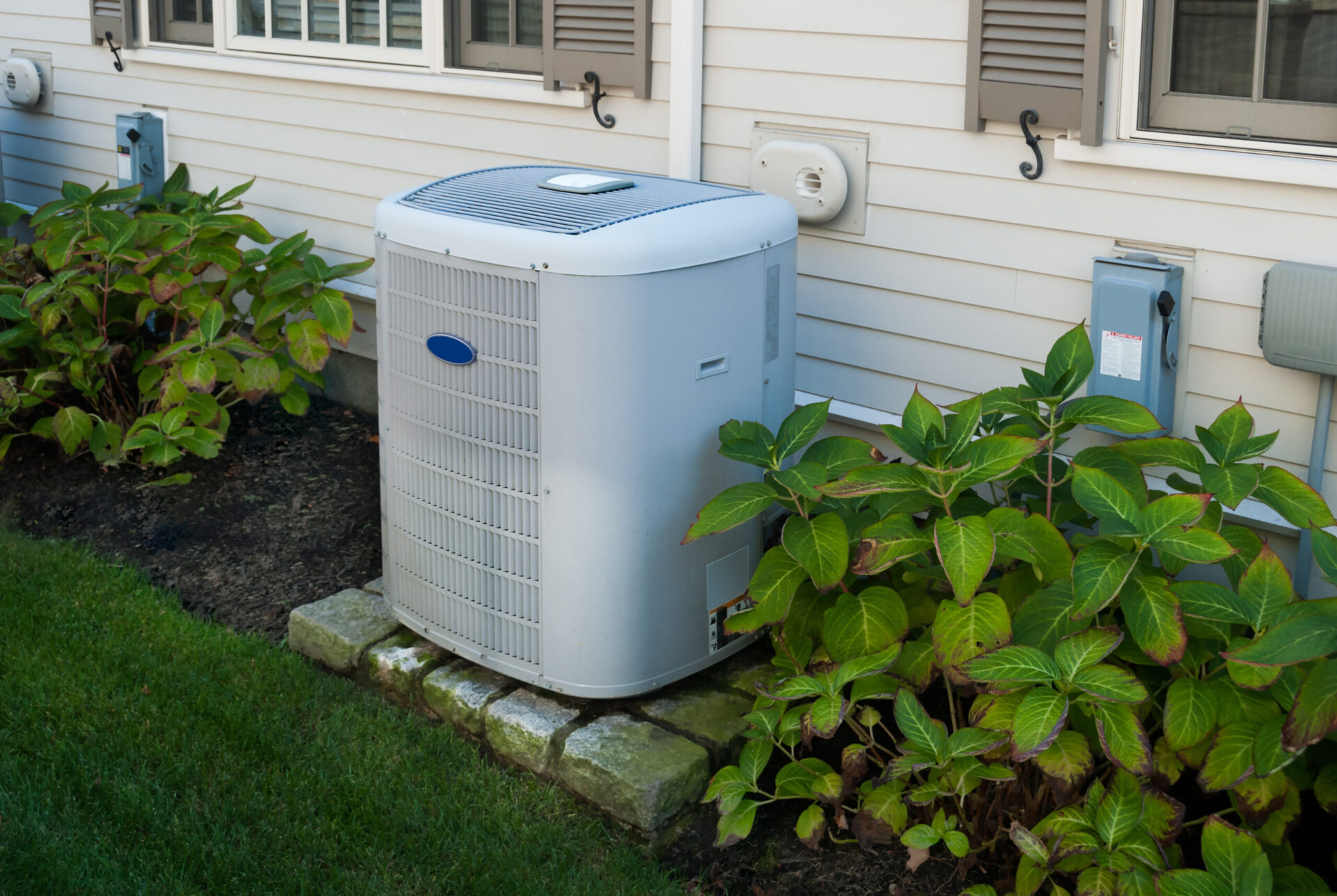As spring approaches, so does the threat of severe weather. Covington, Mandeville, and the surrounding areas are no strangers to powerful thunderstorms, heavy winds, and even hurricanes. While we can’t control the weather, we can take steps to prepare and protect our homes and families. At DuPont Cooling, Heating & Plumbing, we want to help you stay safe and ensure your essential home systems are ready for anything nature throws your way.
Understanding Spring Storm Risks
Springtime in Louisiana brings unpredictable weather, including severe thunderstorms, strong winds, heavy rainfall, and the potential for hurricanes. These storms can lead to power outages, structural damage, and plumbing emergencies, impacting not only comfort but also safety. Being proactive can make all the difference in minimizing risks.
Steps to Prepare Your Home for Severe Weather
1. Check Your HVAC & Heating System
A properly functioning HVAC system is essential for maintaining comfort before and after a storm.
- Schedule a professional inspection to ensure your AC and heating system are in good working condition.
- Consider installing a surge protector to prevent damage from lightning strikes.
- Change air filters and clear debris around outdoor units to prevent clogging from storm-related debris.
2. Prepare for Potential Plumbing Issues
Heavy rains and flooding can put stress on your plumbing system.
- Inspect and clean gutters and downspouts to prevent water buildup.
- Check your sump pump to ensure it’s functioning properly in case of flooding.
- Know where your main water shutoff valve is located in case of an emergency.
3. Secure Outdoor Equipment
High winds can turn outdoor furniture, tools, and equipment into dangerous projectiles.
- Store loose items indoors or secure them to prevent damage.
- Trim trees and remove dead branches that could fall onto your home or power lines.
- Protect outdoor HVAC units with covers designed to withstand severe weather.
What to Do After a Storm
Once a powerful storm moves through your area and you and your family are safe, it’s important to check on your home’s essential systems.
- If you covered your AC condenser unit with a tarp before the storm, remove it as soon as it’s safe. Leaving a tarp on too long can trap moisture, leading to mildew, mold, or rust.
- Inspect your HVAC system for visible damage. If you notice excess water or debris inside, do not turn the system back on—this could cause further damage.
- Call a professional HVAC or plumbing technician to inspect your systems and clear away any debris before restarting.
Water and debris can restrict AC condenser units and cause plumbing issues. Preventing these problems early can help you avoid costly repairs.
Stay Informed and Have a Plan
- Keep a weather radio or mobile alerts activated to stay updated on severe weather warnings.
- Create an emergency kit with essentials like flashlights, batteries, first aid supplies, and bottled water.
- Have an evacuation and shelter plan in place, especially if you live in an area prone to hurricanes.
DuPont Cooling, Heating & Plumbing Is Here for You
At DuPont Cooling, Heating & Plumbing, we understand how disruptive severe weather can be. Our experienced technicians are on standby for emergency HVAC and plumbing services to help you recover quickly after a storm. Whether it’s an AC failure or storm-related plumbing issues, we are just a phone call away at (985) 323-5244.
Don’t wait until severe weather strikes—take steps today to protect your home and family. For professional inspections, installations, and emergency services, contact DuPont Cooling, Heating & Plumbing today.





